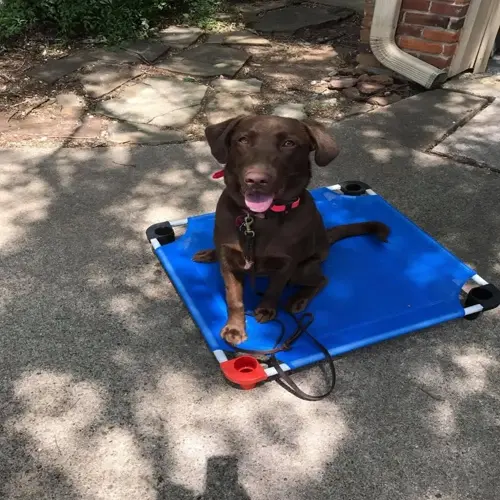What's the adjustment period for pets after moving?

Written by
Hoang Long
Reviewed by
Prof. Edward Clarke, Ph.D.Pets usually take 3 - 4 weeks to adjust after moving. They are experiencing numerous behavioral changes during this time. Your pet may initially hide or exhibit changes in appetite. I have observed this phenomenon in my territory since I relocated across the country. Look to establish routines as you can, especially early, so that prolonged anxiety doesn't set in.
Confinement Phase (Days 1-3)
- Single-room isolation: Use bathrooms with familiar bedding
- Minimal interaction: Allow hiding without forced contact
- Scent familiarization: Rub towels on new furniture
Gradual Expansion (Days 4-21)
- Room introductions: Open one new area every 48 hours
- Supervised exploration: 15-minute guided tours twice daily
- Litter box migration: Move 1 foot (30 cm) daily
Routine Stabilization (Week 4+)
- Feeding schedule: Match pre-move timing exactly
- Outdoor access: Leashed only for first 7+ days
- Behavior journaling: Note appetite and elimination patterns
Resist the urge to abandon your pre-move routines. Feed and walk your pet simultaneously. Spend 20 minutes each day doing some interactive play. After three days of doing interactive play routinely, my client's cat came out of hiding. Consistency is a signal to your cat that they are safe during periods of environmental upheaval in their lives.
Ensure that you[:] - implement species-specific protocols. - keep cats indoors for 3+ weeks before leash outings. - leash dogs near the owner for 7+ days. - small pets will need escape-proof zones. As an example, I made hamster-safety zones out of clear tubing for safety reasons after a previous escape incident.
Watch for anxiety markers of significance, and seek veterinarian guidance if the decrease in appetite lasts 72 hours or longer. Immediate help should be sought for trembling or aggressive behavior. My rescue dog needed anti-anxiety medication for continued hiding. Early intervention avoids long-term trauma.
Read the full article: 10 Essential Tips for Moving With Pets

